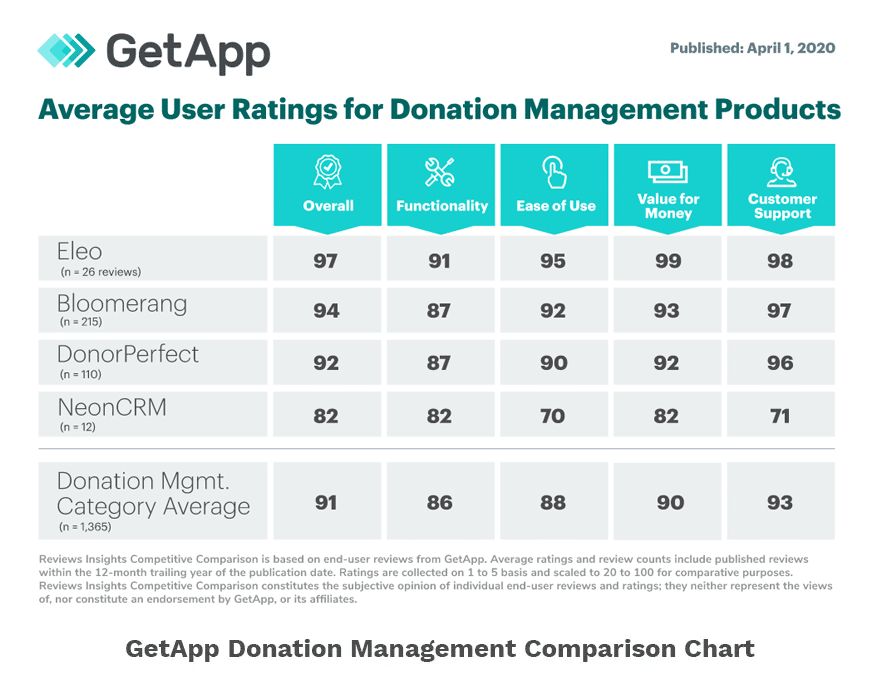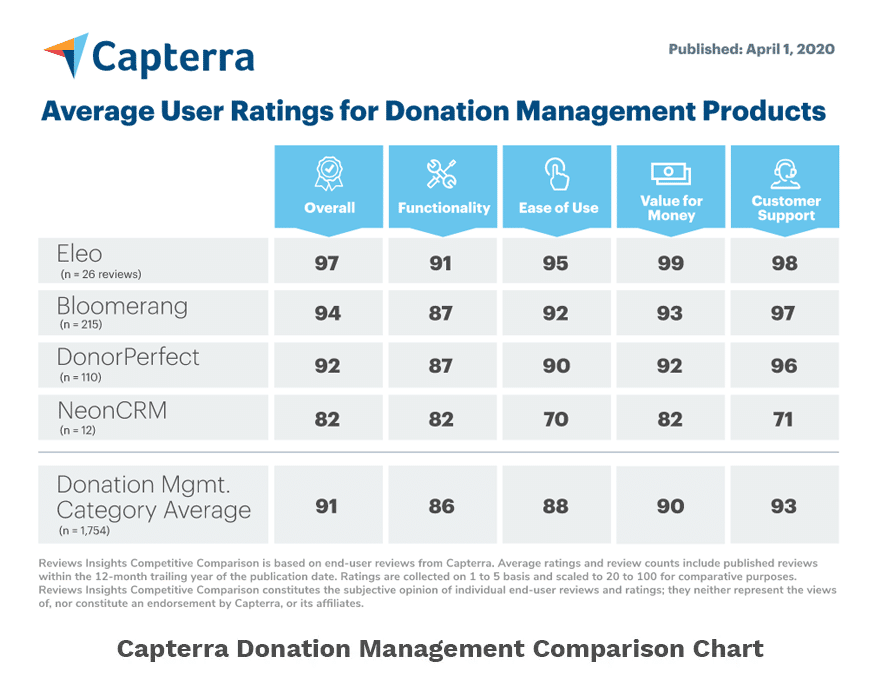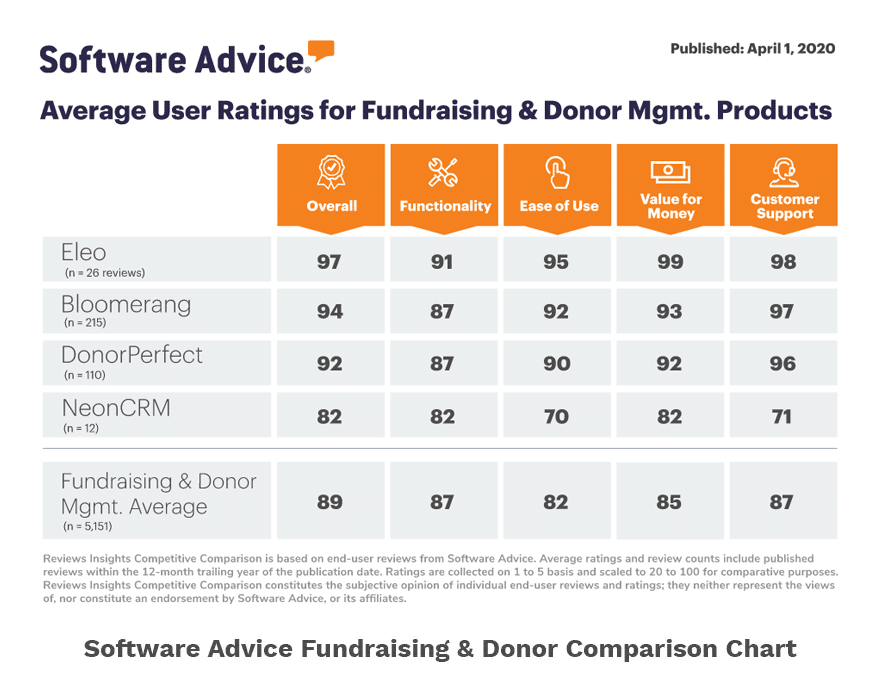
Did you know the average tenure of fundraising professionals is about four years? That’s according to a pre-Covid study from the Association of Fundraising Professionals and The Chronical of Philanthropy. Research from Indiana University found that the mean tenure is slightly shorter at 3.6 to 3.9 years. A report from 2023 found that “the average fundraiser stays on a job only 16 months.”
Turnover is not a new challenge for small nonprofits. The fact that the problem is getting worse, especially for critical fundraising roles, is very concerning.
We’ve seen many people seek out resources as they move into new roles as development directors and development associates with different nonprofits. Some hit the ground running and succeed quickly, while others struggle to find their footing.
The good news is that small nonprofits can take steps to retain talented fundraising professionals! After all, success is determined not only by the talent and work ethic of the individual, but also the onboarding process of the nonprofit.
Let’s discuss how this onboarding process can be improved to help a new fundraising professional settle in quickly and contribute to the fundraising success of the nonprofit!
1) Clarify Expectations
Both sides of the relationship should be on the same page with regards to the expectations of a new fundraising professional. How does their day-to-day role support the mission of the nonprofit? What does success look like, and how is success achieved? What are realistic goals and milestones?
2) Establish Relationships
New fundraising professionals should be introduced to the staff, board, and volunteers. Meetings should be held with key people in the organization who are directly involved with the small nonprofit’s fundraising strategy.
3) Make Donor Management Software Your Best Friend
Start by learning basic features and functionality required to do the job on a daily basis before moving onto more advanced features, including those that may be underutilized. Many nonprofits don’t take full advantage of their donor database’s capabilities.
By the way, if you’re still using Excel spreadsheets and three-ring binders to manage donor data, making the jump to donor management software will help fundraising professionals get up to speed quickly and do their job more effectively.
4) Review the Fundraising Plan
What are your signature fundraising events? Do you have a monthly giving program? Do you have a planned giving program? Is there a strategy for seeking out matching gifts?
If there is no formal, documented fundraising plan in place, creating a plan should be a top priority. Fundraising professionals should be able to review and assess the plan and begin the process of identifying and creating relationships with key donors.
5) Prioritize Donor Retention
Retaining your existing donors is a key factor in your fundraising success. With donor management software, it’s easy to pull up reports and create donor segments. This allows you to create a data-driven strategy for donor outreach, engagement, acknowledgement, and stewardship to retain more donors and prevent lapses in giving.
6) Communicate Impact
Donors want to know how their gifts are making a difference. One of the most important jobs of fundraising professionals is to regularly communicate the impact of the nonprofit’s programs and donor gifts. This will prove that funds are always put to good use.
7) Never Stop Learning
Continuing education and training will bring new perspectives, expertise, and ideas to the nonprofit and support the career journey of fundraising professionals. Look for opportunities to learn, and show donors that you’re investing in the success of your team!
To reduce turnover among fundraising professionals, every small nonprofit should have an onboarding playbook to ensure they have the tools, processes, and support in place to succeed. The more prepared you are, the more successful your fundraising will be, and the less frequently you’ll have to deal with the disruption of staff turnover!





